
Why Gas Prices Are So High
Gas prices in the United States are at record highs. And even when adjusting for inflation, they are on average […]
SEE FULL ARTICLE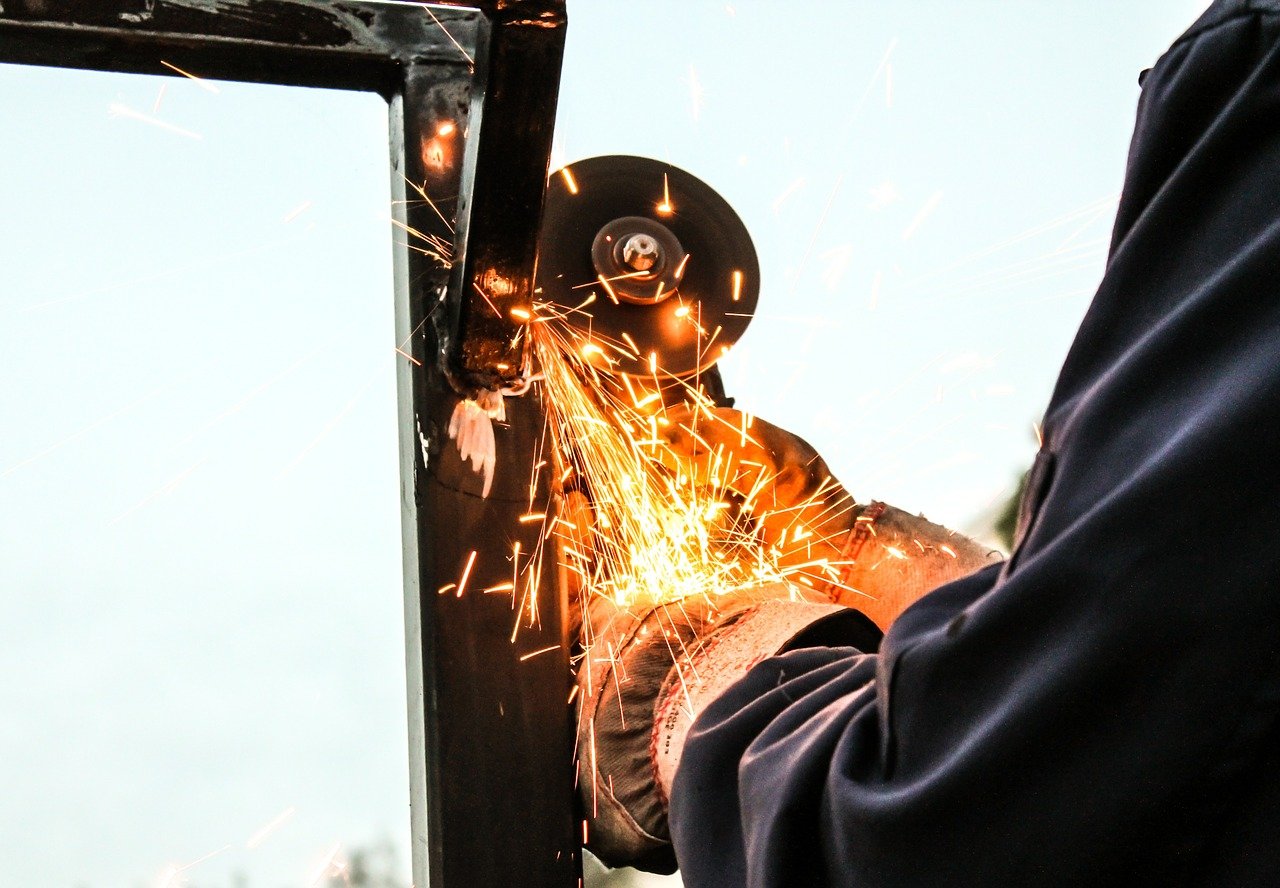
When “Low-Hanging Fruit” Are Beyond Reach: Management Practices and Firm Energy Efficiency
Industrial energy efficiency plays a central role in projections that achieve net zero greenhouse gas (GHG) emissions by mid-century. According […]
SEE FULL ARTICLE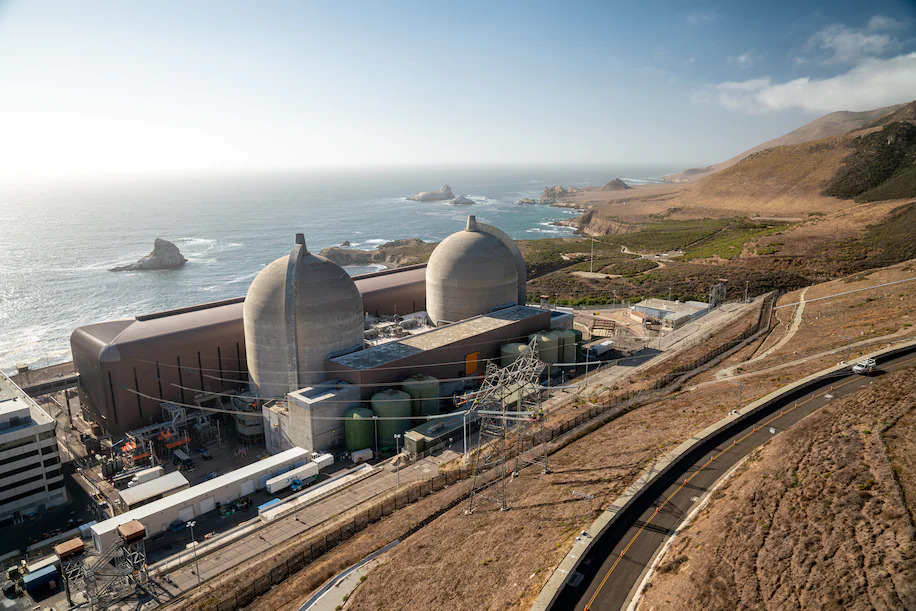
Climate worries galvanize a new pro-nuclear movement in the U.S.
As states race to keep plants open, California becomes a test case of how much the tide has shifted. The […]
SEE FULL ARTICLE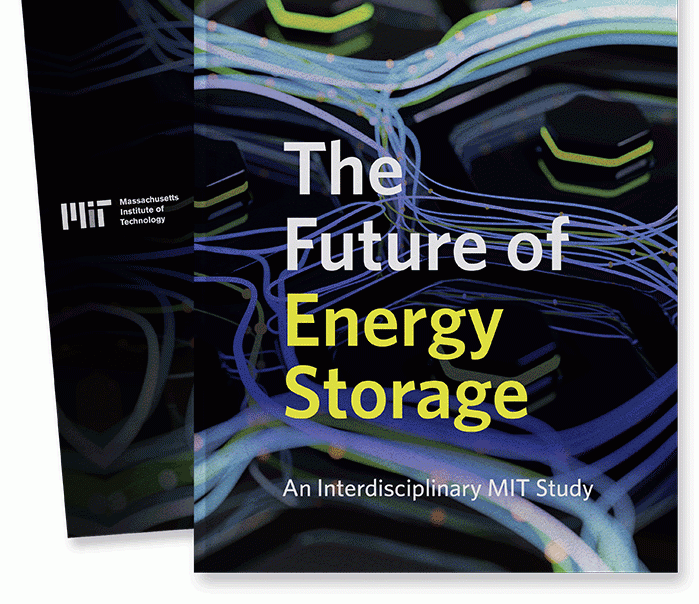
MITEI Releases The Future of Energy Storage Report
The MIT Energy Initiative (MITEI) has just released a significant new research report, The Future of Energy Storage—the culmination of […]
SEE FULL ARTICLE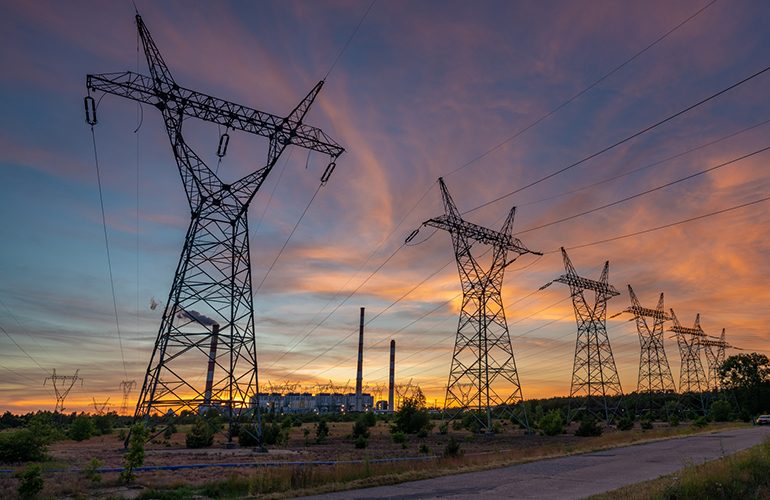
Deregulation, Market Power, and Prices: Evidence from the Electricity Sector
In the late 1990s, several states in the United States started to restructure the electricity sector, replacing regulated and vertically […]
SEE FULL ARTICLE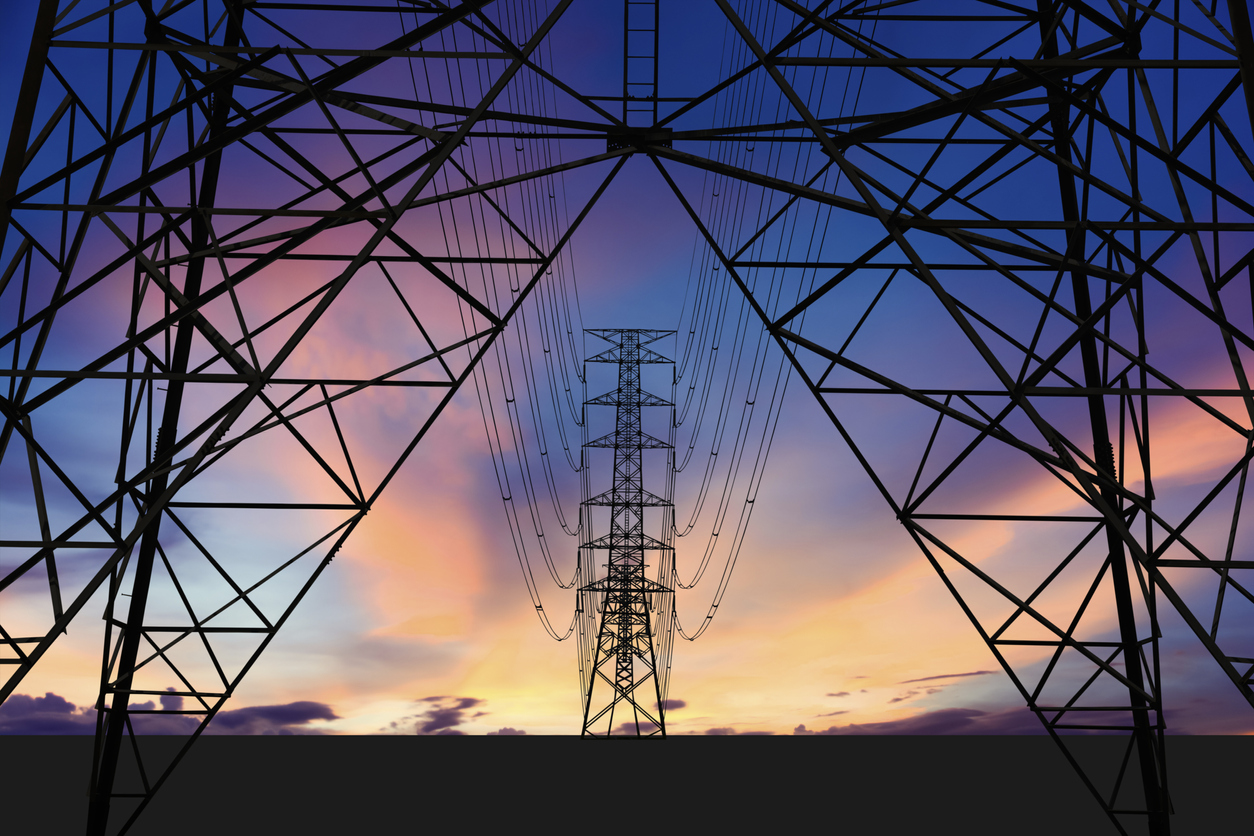
Coping with National Fuel Subsidies in Regional Power Markets
Fuel subsidies for fossil generators persist in different electricity markets across five continents. In light of the current European energy […]
SEE FULL ARTICLE
Subscribe To Our Newsletter
Subscribe now and check outour Past newsletters


